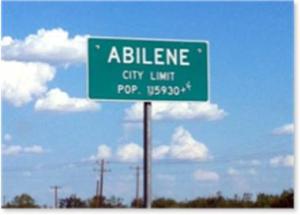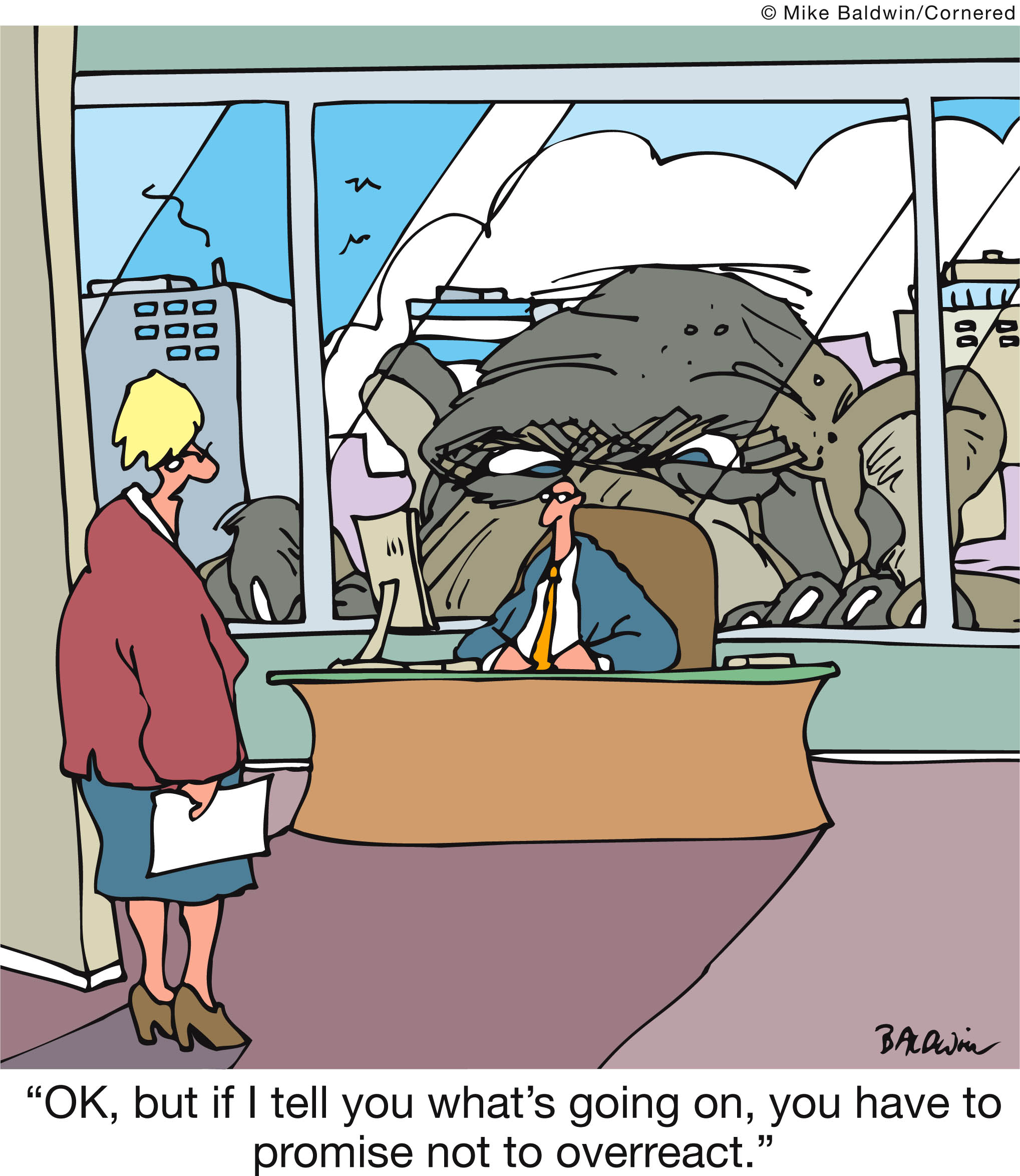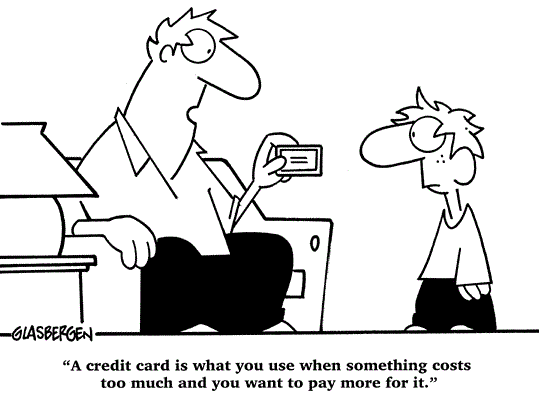
The term Abilene Paradox was introduced by management expert Jerry B. Harvey in his article The Abilene Paradox: The Management of Agreement.
The paradox refers to a situation in which a group of people collectively decide on a course of action that is counter to the preferences of many individuals in the group. Involved is a breakdown of group communication because some members mistakenly believe that their own preferences are counter to the group’s, but they do not raise objections. [Wikipedia]
Here’s the story Harvey tells in his article to illustrate this phenomenon.
On a hot afternoon in Coleman, Texas, a family (husband, wife, daughter, and son-in-law) is enjoying a comfortable afternoon at home when the father suggests that they take a trip to Abilene (53 miles away) for dinner. The daughter says, “Sounds like a great idea.” The son-in-law, despite having reservations about the trip (the drive is long and hot), thinks that his preferences must be out-of-step with the group, so he says, “Sounds good to me; does your mother want to go?” The mother says, “Of course I want to go. I haven’t been to Abilene in a long time.”
The drive is hot, dusty, and long. The food at the restaurant is as bad as the drive. They arrive back home four hours later, exhausted and frustrated.
One of them dishonestly says, “It was a great trip, wasn’t it?” The mother says that, actually, she would have preferred to stay home, but went along since the other three were so enthusiastic. The son-in-law says, “I didn’t want to go but I thought everyone else wanted to.” The daughter confesses, “I just went along to keep everybody happy.” The father, who initiated the trip, then admits that he only suggested it because he thought the others might be bored.
The group is perplexed that they took a trip which none of them wanted. How did that happen?
Several years ago my family planned on “enjoying” the July 4th weekend by going to a public pool, slather on sunblock, lie out in 100 degree heat and sun, and sweat. Driving to our destination, my son-in-law had the emotional fortitude to say, “I really don’t enjoy doing that.” Following a moment of reflection, it occurred to me that neither do I. My wife volunteered, “I don’t like getting in the sun because I don’t want to get skin cancer.”
We were on our way to “Abilene.” I’m not sure who initially suggested the outing or why (perhaps one of us noticed that famous people seem to do it often so it must be fun), but after we honestly discussed the trip it was aborted.
The Abilene Paradox can be avoided. When a group is making a decision, each group member should be asked, “What are your true and unfiltered thoughts about this issue?” Or, if everyone is familiar with the term, just ask, “Are we going to Abilene?”
Steven Wolff, with GEI Partners, says, “To harvest the collective wisdom of a group, you need two things: mindful presence and a sense of safety.” He explains that mindful presence is “being aware of what’s going on and inquiring into it.” A sense of safety ensures that if I express my candid thoughts, I won’t be sanctioned.
If your group is unfamiliar with the concept and you sense that everyone’s “getting in the car to go to Abilene,” speak up and voice your concern. Don’t hesitate to rock the boat.
Summary
What? – A group of people may collectively decide on a course of action that is counter to the preferences of many of the individuals in the group.
So what? – This group dysfunctionality is frustrating, counterproductive, and a waste of time and resources. It can easily be avoided.
Now what? – As an individual, have the emotional fortitude to speak up when you sense that you and others are falling prey to this syndrome. Discuss this principle among members of groups that you are involved in: family, clubs, associations.
Leaders – Discuss this principle with your team; adopt “rules of engagement” that will eliminate the Abilene Paradox.
Harvey, J. B. (1974). “The Abilene paradox: the management of agreement”. Organizational Dynamics 3: 63–80

 The hot-stove effect was first proffered by humorist Mark Twain: “We should be careful to get out of an experience only the wisdom that is in it and stop there lest we be like the cat that sits down on a hot stove lid. She will never sit down on a hot stove lid again and that is well but also she will never sit down on a cold one anymore.”
The hot-stove effect was first proffered by humorist Mark Twain: “We should be careful to get out of an experience only the wisdom that is in it and stop there lest we be like the cat that sits down on a hot stove lid. She will never sit down on a hot stove lid again and that is well but also she will never sit down on a cold one anymore.”
